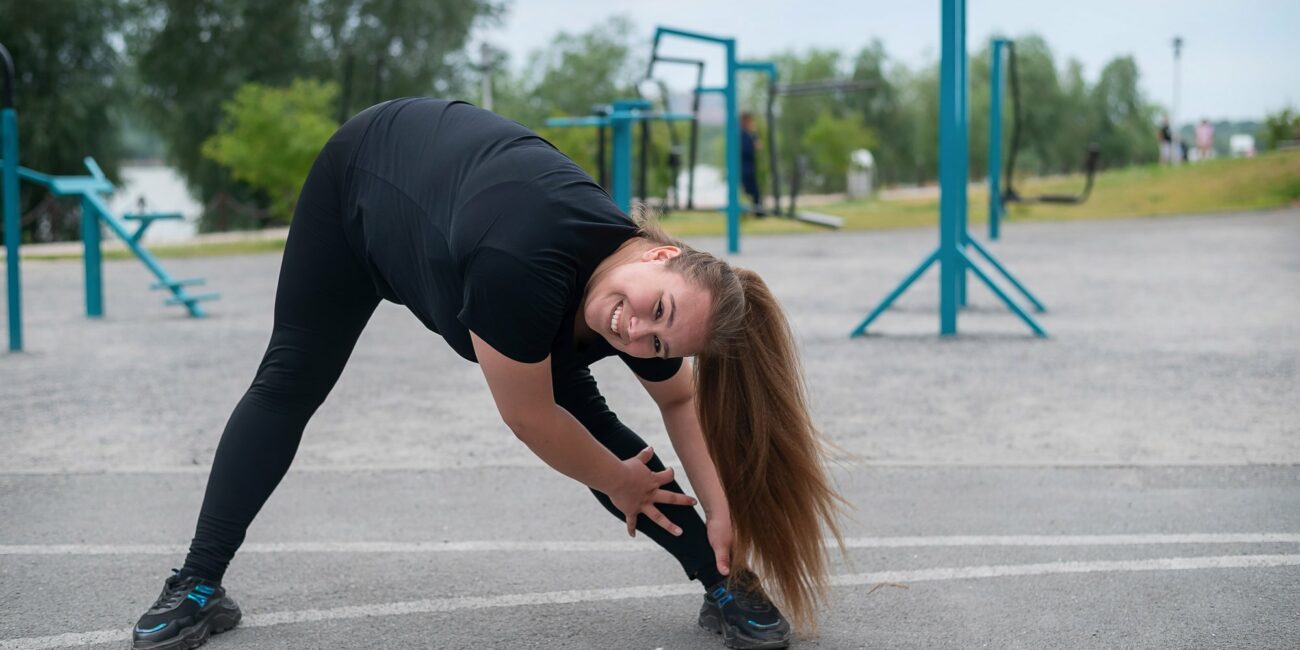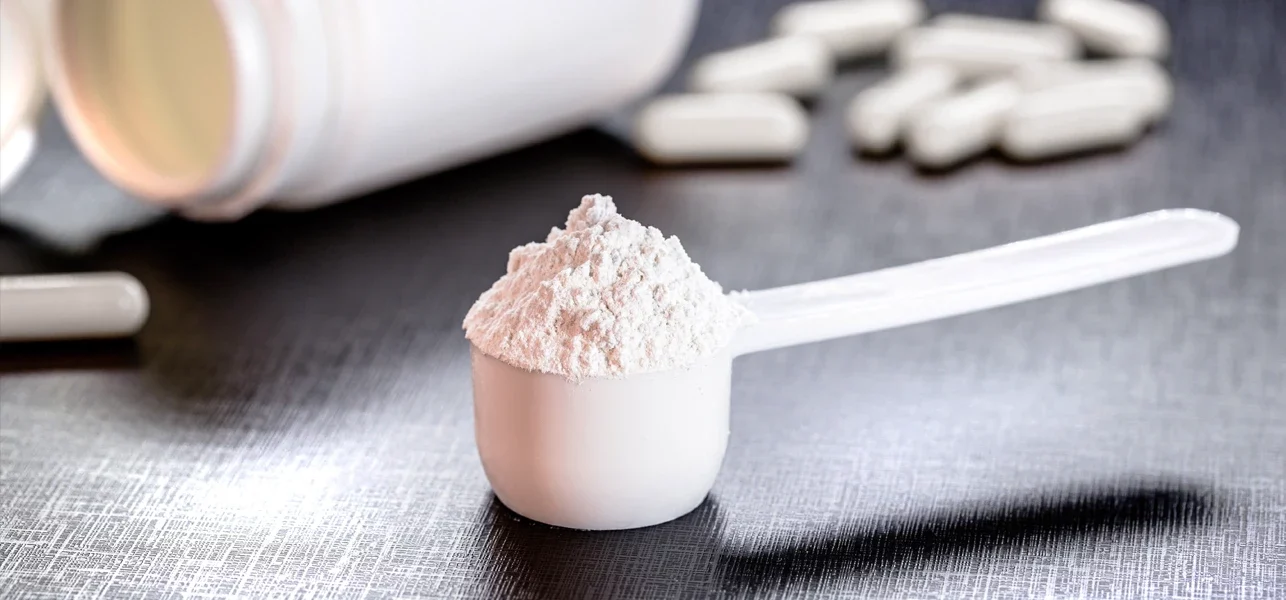3 Ways How Running Can Help Combat Depression

Thousands of Americans already consider it a super helpful tool for anxiety and depression, especially when traditional methods such as therapy or antidepressants do little or no help at all.
All kinds of aerobic exercise, including walking, cycling, or swimming, can impact depression symptoms, but running seems to be the versatile option that is acceptable for most people.
Today, we spoke with running coach Rory Thomas, who highlighted how running might aid with depression treatment.
#1 Running gives you time to clear your head and restore life balance

Advertisement
There’s nothing but you, the trail, and your running shoes. Running may be almost meditative in nature. It’s time to disconnect from all of life’s worries.
Something about being outdoors with no responsibilities allows you to clear your head and rejuvenate.
And running really does clear your head. Recent studies have shown that running increases blood flow to the brain’s frontal lobe, linked to clear thinking.
But it’s not just about getting your thoughts in order; running also has real physical mood-lifting effects…
#2 Running boosts your brain and body chemistry

Depression has links to chemical imbalances. But by exercising, you can combat these chemical imbalances naturally.
Research shows that any type of exercise can help increase your hormone serotonin levels. However, running has proven to be exceptionally effective in releasing and producing the “happiness” hormone.
“Serotonin is responsible for stabilizing your mood, regulating sleep and digestion. After it is released in your body, you will notice an elevation in happiness and overall well-being. Running is one of the best ways to achieve this effect.“ – explains Rory Thomas.
Low serotonin levels have been related to depression symptoms such as sadness and distress. Exercise on a regular basis will help you go back into the normal range, feel better, and alleviate mild depression symptoms.
Moreover, after a run, a biochemical substance similar to cannabis, called endocannabinoids, is released into your body. This naturally produced chemical alleviates pain, boosts mood, and reduces stress.
#3 Running stimulates the “runner’s high”

What also makes running so well suited to fighting depression is the “runner’s high.”
The trigger of a runner’s high is the brain releasing certain chemicals and hormones while you run. Some of these chemicals include endorphins, endocannabinoids, dopamine, and leptin.
It’s a short but intense and deeply relaxing euphoric state that occurs during or after a run. It can increase a sense of optimism, achievement, and confidence.
Runners who experience runner’s high also describe feeling less anxiety and reduced pain, and they say they feel calmer and happier after a run.
This is one of the reasons why you may find this healthy hobby addictive.
How to Get Running Working for You and Your Mental Health

Running may seem as simple as sticking on a pair of sneakers and hitting the trail. But if you want the best results, there’s one important consideration…
Always have a program in place.
Without a program, it’s easy to lose motivation or put in a lot of effort without getting the desired results.
“My best advice is to use personalized scheduled workouts because when you’re feeling stressed and depressed, it’s really difficult to feel that you have the time or energy to work out,” Rory Thomas suggests.
A personal trainer can take away the benefits of solo running. And it shouldn’t have to cost you the earth to get a running plan in place.
However, it’s important to have the right advice and structure for running to make a positive impact.







Comments (0)